Ozone
Let my start by saying I don't completely endorse the air injecting UV bulb type systems. I simply found that there was room for improvement. We improved the lamp housing to allow for bulb only replacements. But I am a fan of Corona Discharge technology for reason I will discuss later in this article.
So I here go.
I will say is that I continue to see many problems associated with ozone gas leaks. Ozone is a powerful oxidizing chemical, and most parts are not resistant to the ozone gases. We see a number of pre-mature failures of the air pump. This can be avoided by assuring air hose connections are tightly secured. There is a pressure test kit available on this site. Secondly the air diffuser needs frequent changes. If the ozone gas has no place to go it will look for the weakest links. Pressure testing the entire system with a gauge in the place of the diffuser is always recommended. You should get a 6-psi reading. Look for small fracture in the lamp housing. Unsecured hoses and or hoses with pin holes. The next culprit is the bulkhead union. This is that double barbed brass fitting the that transitions the ozone from inside to the outside of the ozone box. The sure tell-tell sign there has been ozone leak is a sticky substance known as nitric acid (CD units only) it will likely show up in the form of rust on the pump springs. The air pump is not designed to handle certain amounts of ozone. Some Do it Yourself (DIY) persons (which I fully endorse) are really better off to staying in the office and leaving this chore to more qualified individuals. But for the rest of you do it yourself devils we have work to do..
The air/U.V. lamp system has some place in the world. However, this system is designed around consumable parts. The exact business model of Hewitt Packard. Give away the printer and get rich selling the ink. But hey, somebody has to do it.
So, let’s look again at the definition of insanity. We have all been there.
Let’s see how we can change this.
While I love making sturdier parts I quickly became aware of the need to make a product that used superior parts and needed very little interaction. I have designed a system where we use water pressure force (90psi) via a submersible pump inside the tank. We then use this force by way of a patented ozone mixer. The mixer then creates a vacuum and licks up the ozone from the generator. There are no such things as a leak in a vacuum. The ozone is then micronized into 1000's of very fine gas bubbles and were off to the races. Pumps tend to last 10 years providing trouble free service. As the saying goes around here, “set it and forget it”. Secondly, we replaced the UV bulk with the latest in ozone technology The Corona Discharge modules, lasting some 30,000 hrs. vs. 9,000 hrs. of the UV lamp.
I am expecting lots of comments. I hope to create a forum for others to interact.
So back to picking on U.V. / Filter system. While we get some ozone in the water most ends up in the atmosphere. At least you’re doing your part to replenish the ozone layer. The complaint I field most often is " I'm getting little, to no ozone bubbles". Others complain about the hassle associated with pulling a giant nasty filter out of the tank while trying to get safely back to the ground. Crazy!
Now let’s think about this for a second. Why am I doing it? Because I love all those DIY'ers. The old man loves to tinker, LOL. Besides you have to keep the wife still thinking you’re a rock star.
So for now, I will continue to offer the better lamps pumps and upgraded Corona Discharge (U.V. replacement). If you have read or been on my website I have always bagged on the anchor (filter) in the tank. This is the true definition of insanity. Buy an automatic backwashing media filter. Most old people get injured on a ladder. Danger abounds walking a big wet filter down a ladder.
